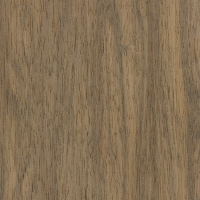 |
Common Name(s): Indian Silver Greywood, White Chuglam Scientific Name: Terminalia bialata Distribution: Andaman Islands and Myanmar Tree Size: 100-165 ft (30-50 m) tall, 3-5 ft (1-1.5 m) trunk diameter Average Dried Weight: 43 lbs/ft3 (680 kg/m3) Specific Gravity (Basic, 12% MC): .58, .68 Janka Hardness: 1,360 lbf (6,040 N) Modulus of Rupture: 12,850 lbf/in2 (88.6 MPa) Elastic Modulus: 1,918,000 lbf/in2 (13.22 GPa) Crushing Strength: 6,630 lbf/in2 (45.7 MPa) Shrinkage: Radial: 5.4%, Tangential: 7.4%, Volumetric: 13.2%, T/R Ratio: 1.4 |
Color/Appearance: Heartwood ranges from grayish yellow to light to medium brown, sometimes with an olive cast, and/or with darker brownish veining. Sapwood is grayish yellow and not clearly distinguished from heartwood. Indian Silver Greywood usually refers specifically to darker brown, figured wood. Paler and plainer wood is sometimes called White Chuglam.
Grain/Texture: Grain is usually straight with a medium to coarse texture. Good natural luster.
Endgrain: No data available.
Rot Resistance: Rated as moderately durable; poor insect resistance.
Workability: Easy to work with hand and machine tools. Glues and finishes well.
Odor: No characteristic odor.
Allergies/Toxicity: Although there have been no adverse health effects associated with Indian Silver Greywood, a number of other related species within the Terminalia genus have been reported to cause skin irritation. See the articles Wood Allergies and Toxicity and Wood Dust Safety for more information.
Pricing/Availability: Veneer sheets are sometimes seen, but generally not commonly available in North America.
Sustainability: This wood species is not listed in the CITES Appendices or on the IUCN Red List of Threatened Species.
Common Uses: Veneer, furniture, cabinetry, and flooring.
Comments: No data available.
- Idigbo (Terminalia ivorensis)
- Indian Laurel (Terminalia elliptica)
- Limba (Terminalia superba)
- Nargusta (Terminalia amazonia)
None available.
Scans/Pictures: A special thanks to Steve Earis for providing the veneer sample of this wood species.
 |
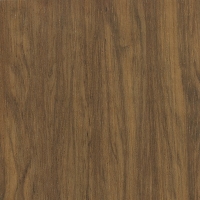 |


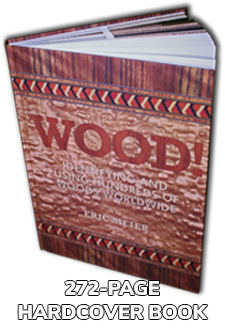
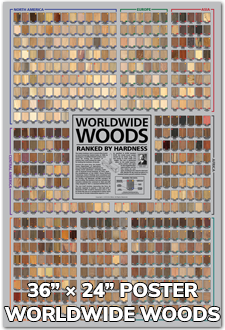
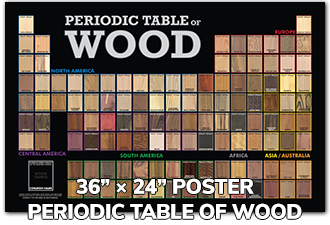
is it same species with terminalia catappa?